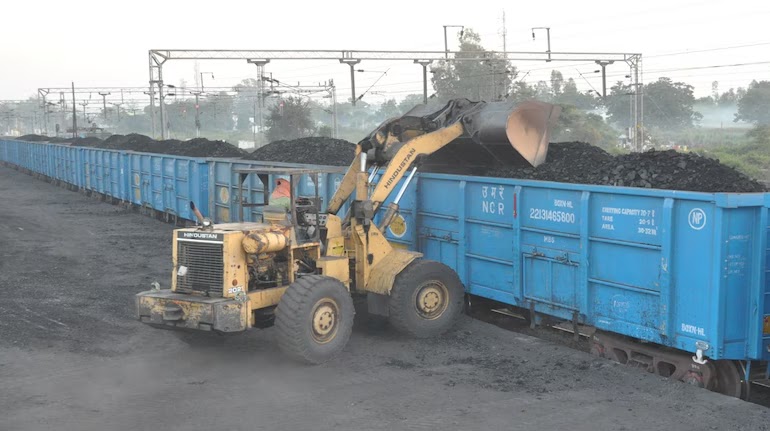Govt Finds 'Errors' in SC Ruling on JSW-Bhushan Deal, Likely to Seek Stay: Sources
After carefully examining the Supreme Court’s May 2 ruling that invalidated JSW Steel’s ₹19,700 crore acquisition of Bhushan Power and Steel Ltd (BPSL), government officials believe the judgment contains significant “errors” that merit a review.
According to two senior government officials, the committee of creditors (CoC) plans to file a review petition with the Supreme Court within the next two weeks. “The goal is to secure a stay on the SC order because we believe the ruling has major inaccuracies. Several points raised by the apex court regarding misconduct by the resolution professional or the NCLT/NCLAT are not factually correct,” one official told Moneycontrol after reviewing the judgment.
Earlier this week, JSW Steel’s top management met with officials from the Ministry of Corporate Affairs (MCA), the Insolvency and Bankruptcy Board of India (IBBI), and the Department of Financial Services (DFS) to discuss next steps, sources said. On Monday, Financial Services Secretary M Nagaraju confirmed to Moneycontrol that the government was actively examining the judgment and exploring all legal options. There is growing concern within the government that the ruling could negatively impact investor sentiment.
On May 2, the Supreme Court cancelled JSW Steel’s acquisition of BPSL and ordered the company into liquidation. The deal, originally approved by the National Company Law Tribunal (NCLT) in 2019, was part of the corporate insolvency resolution process (CIRP) under the Insolvency and Bankruptcy Code (IBC). However, five years later, the SC annulled the plan, citing missed deadlines, questionable creditor oversight, and concerns over promoter-linked structures.
As per the approved plan, ₹19,350 crore was to be paid to financial creditors and ₹350 crore to operational creditors. But with the Supreme Court’s cancellation, financial creditors like State Bank of India and Punjab National Bank will now need to return the funds and initiate the liquidation process for BPSL, sources said.
Debate Over Judicial Reach
One major issue highlighted by the Supreme Court was that the NCLT and NCLAT do not have judicial review powers over decisions made by statutory authorities under the Prevention of Money Laundering Act (PMLA). The court pointed out that the NCLT and NCLAT are set up under the Companies Act, 2013, not under the IBC.
However, government officials argue that the NCLT/NCLAT acted within the legal framework outlined under Section 32A of the IBC, which shields the corporate debtor from prosecution for past offences once a resolution plan is approved.
To recall, the Enforcement Directorate (ED) had issued a provisional attachment order on BPSL’s assets worth over ₹4,000 crore in October 2019 under alleged PMLA violations by the company’s former promoters. But this attachment came after NCLT had approved JSW Steel’s takeover in September 2019. JSW Steel then challenged the ED’s authority before the NCLAT and secured a stay on the attachment.
Officials argue that any PMLA-related action should target the former promoters, not the company itself. “This (May 2) ruling undermines the provisions of the IBC and the legislative intent. If allowed to stand, it risks shaking investor confidence in the insolvency resolution framework,” another government official noted.
Legal Experts Weigh In
Legal experts point to the “clean slate” principle enshrined in Section 32A of the IBC, which the Supreme Court upheld in the Essar Steel and Ghanshyam Mishra cases in 2021. This principle ensures that once a resolution plan is approved and control changes hands, the corporate debtor and the successful resolution applicant are cleared of past offences, enabling a fresh start.
However, Kalpit Khandelwal, Partner at Aekom Legal, noted that the Supreme Court’s recent JSW Steel ruling narrows this protection, clarifying that Section 32A does not shield against proceedings under public law statutes like the PMLA. Importantly, the liability of the former promoters remains untouched.
Yogendra Aldak, Partner at Lakshmikumaran & Sridharan Attorneys, added that the ruling opens the door to judicial reviews that could potentially reopen even long-closed insolvency resolutions if procedural lapses are found later by the courts. He cautioned that this could allow the commercial wisdom of the CoC to be overridden, creating significant commercial and economic fallout for stakeholders



Comments
Post a Comment